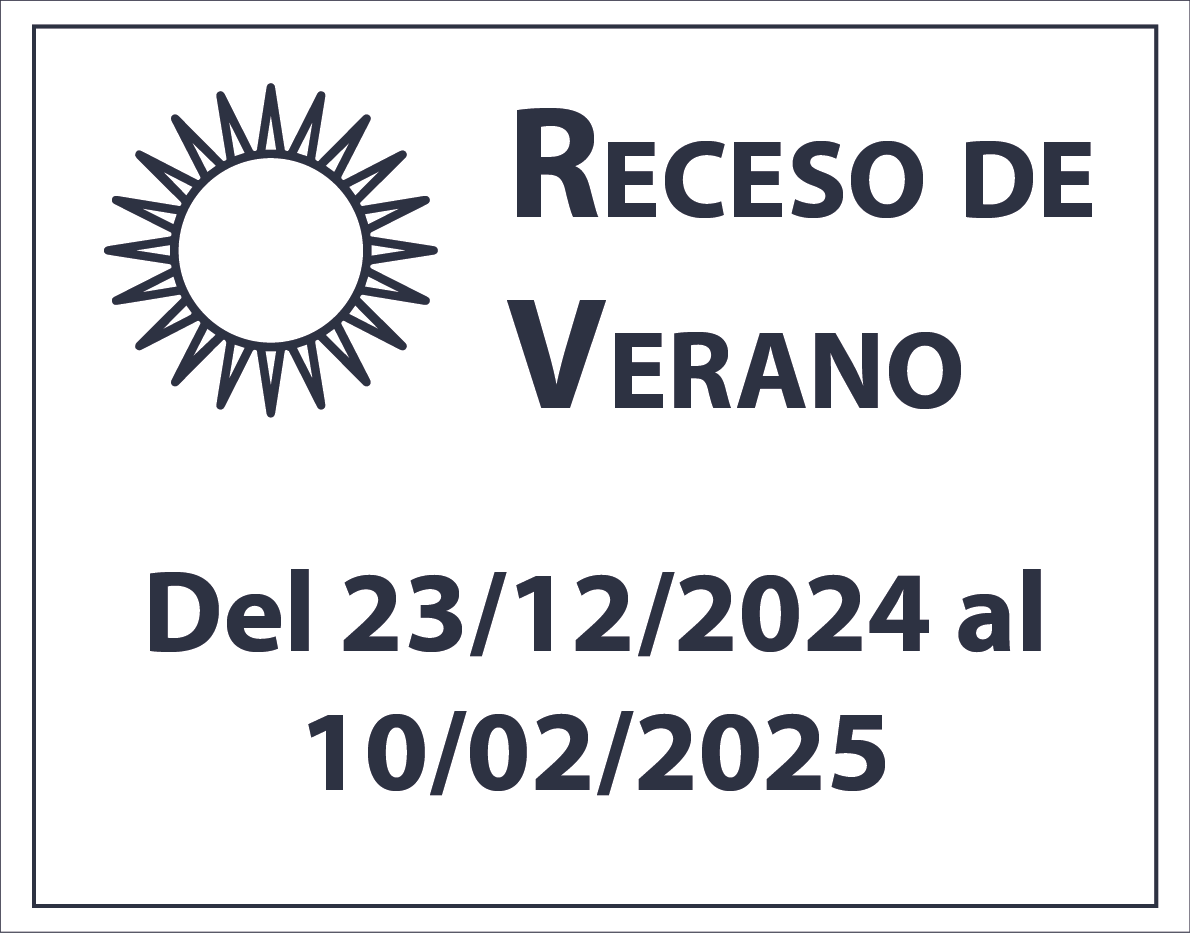Effect of thermosonication on enzymatic oxidation and physicochemical properties of soursop (Annona muricata) pulp
DOI:
https://doi.org/10.48162/rev.39.058Palabras clave:
pH, sólidos solubles, Polifeniloxidasa, Peroxidasa, Vitamina CResumen
Soursop is an exotic tropical fruit, highly perishable, presents losses around 30% in postharvest, has marked commercial importance especially for internal consumption and a maximum shelf life. The objective of the present work was to study the effect of thermosonication (TS) on some physicochemical properties and the enzymatic oxidation of soursop pulp. The thermosonication treatments used on the samples were at 40 kHz, in a temperature range between 20-60 ºC, for 25 minutes. The soluble solids, pH, vitamin C concentration, inactivation of peroxidase (POD) and polyphenoloxidase (PPO) in the soursop pulp were evaluated before and after the treatments. The results indicate a loss of vitamin C was observed in a 2.63; 13.16 and 28.95% for temperatures at 20, 40 and 60 ºC, respectively. On the other hand, a partial inactivation of the enzymes, POD, in 48.41; 69.83 and 74.24% and for PPO in 56.38; 74.47 and 81.91% was achieved at temperatures at 20, 40 and 60 ºC respectively. Finally, it was demonstrated that the US combined with heat (TS) inactivates in a large percentage the POD and PPO enzymes in the soursop pulp needing less heat, which could make it more efficient in comparison with the thermal treatments.
Highlights
- Ultrasound combined with heat (TS) can inactivate POD and PPO enzymes in the soursop pulp, achieving considerable retention of vitamin C.
- Peroxidase (POD) and Polyphenoloxidase (PPO) trigger enzymatic processes affecting product natural color.
- Soursop is an exotic fruit with high levels of bioactive compounds, and great agro-industrial potential given its high recovery yields and excellent sensory characteristics.
- A vitamin C retention level of 71.05- to 86.84% was achieved in soursop pulps that have undergone thermosonification.

Descargas
Publicado
Número
Sección
Licencia
Derechos de autor 2018 Revista de la Facultad de Ciencias Agrarias UNCuyo

Esta obra está bajo una licencia internacional Creative Commons Reconocimiento-NoComercial-CompartirIgual 3.0.
Aquellos autores/as que tengan publicaciones con esta revista, aceptan las Políticas Editoriales.



